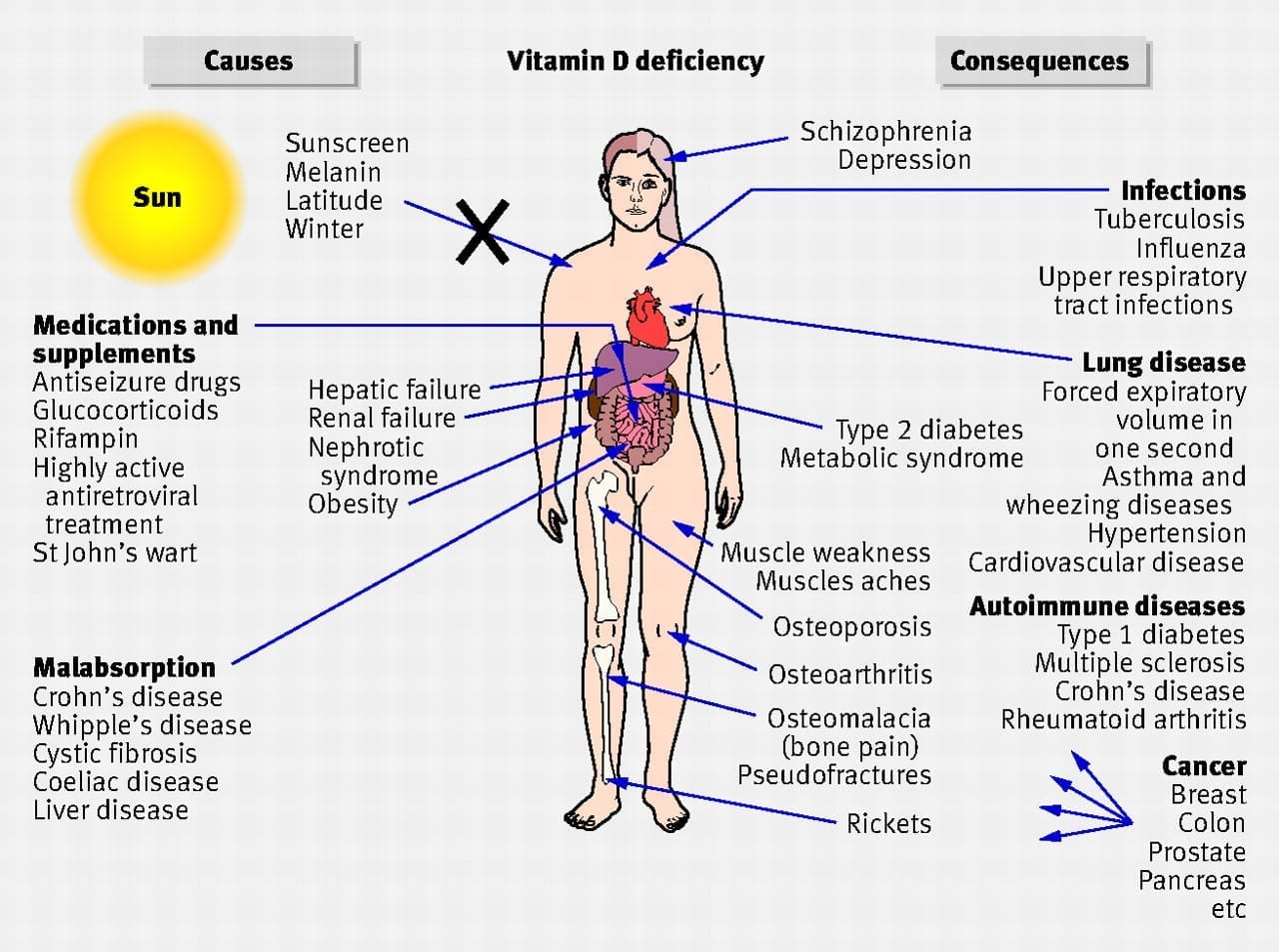Vitamin D Injections
Vitamin D Injections at Suddenly Slimmer Med Spa in Phoenix | Scottsdale are administered by a Physician or Registered Nurse.
Vitamin D helps maintain good health and has been shown to be beneficial in helping to: support bone health, prevent fractures, help with back pain, regulate hormones and alleviate some symptoms of depression. It also contains anti cancer benefits, supporting immune system issues, and lowering the risk of colon, breast, and prostate cancer.
Vitamin D Injections are better absorbed by the body since they go directly into the blood stream.
Vitamin D Deficiency in Phoenix | Scottsdale.
Vitamin D deficiency has been associated with:
Osteoporosis
Migraines
Increased risk of death from
cardiovascular disease
Autoimmune disorders including
rheumatoid arthritis
Cancer, including breast, prostate, and colon
Cognitive impairment in older adults
Fatigue
Depression
Hypertension
Insulin resistance
Metabolic syndrome
Type 1 and type 2 diabetes
Causes of Vitamin D Deficiency

Even though the Phoenix area has plenty of sunshine, most people go to great lengths to avoid sun exposure. Vitamin D deficiency has several know causes:
Insufficient intake. Vitamin D deficiency can be caused by inadequate levels of vitamin D in food sources over a long period of time. Those who follow a strict vegetarian diet are at risk because most of the natural sources of vitamin D are animal-based, such as fish, fish oils, beef liver, cheese, fortified milk, and egg yolks.
Limited exposure to sunlight. Your body can synthesize vitamin D from sunlight, however the amount your body needs required the equivalent of full body (naked) exposure to sunlight for 20 minutes per day.
Dark skin. Skin with lots of melanin, the substance that gives skin and hair its color, reduces the skin’s ability to synthesize vitamin D in response to sunlight exposure. Studies have shown that older people with darker skin are at a particularly high risk of being deficient of vitamin D.
Age. As people age, their kidneys are less able to convert vitamin D to its active form. This puts them at an increased their risk of vitamin D deficiency.
Obesity. People with a BMI (body mass index) greater than 29 often have low blood levels of vitamin D. This because vitamin D is extracted from the blood by fat cells, reducing the amount available to the rest of the body.





